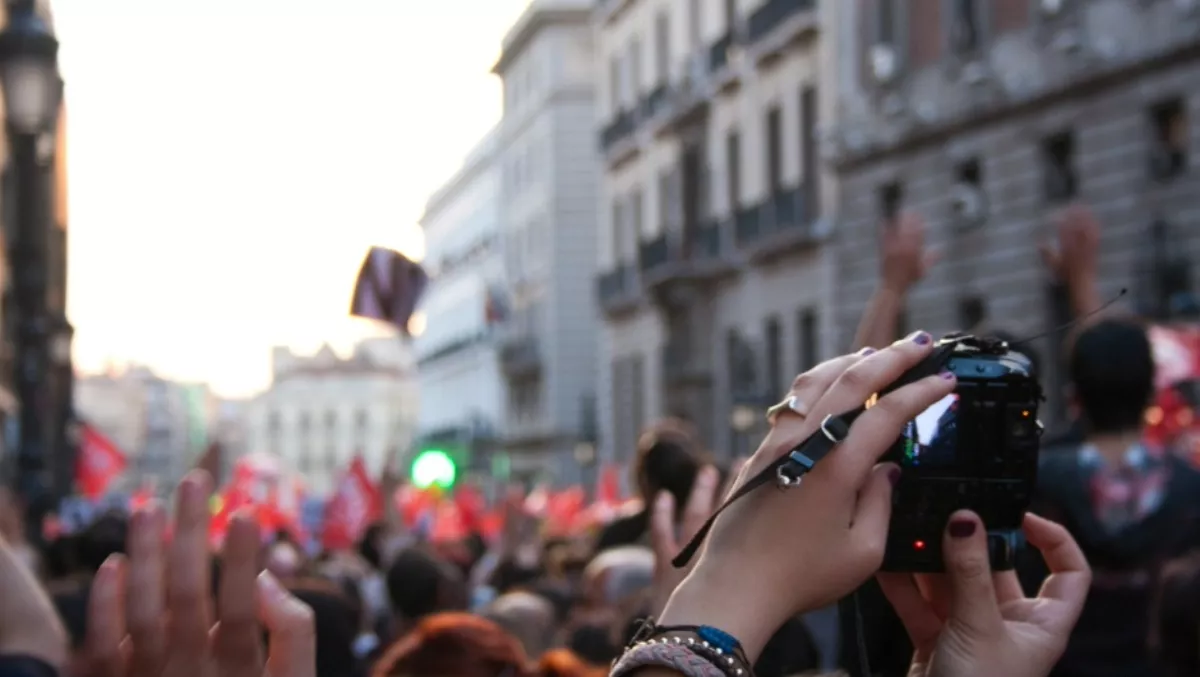
Flickr, the photo-sharing giant that hosts over 5.6 billion photos, has become a useful tool for tracking protest movements worldwide, a study has found.
Merve Alanyali, a PhD candidate at Warwick Business School's Behavioral Science Group, used 25 million images to construct a picture of how photos are tagged using keywords and location data from Flickr and The Guardian. The word “protest” was translated into 33 different languages, and in conjunction with data taken from The Guardian, Alanyali used data analysis to find out the relationship between the publication of protest activity in the press and corresponding tags on Flickr. The findings suggest that protests organised and mobilised by social media are becoming increasingly powerful, with the results documented and shared with a vast community. This may be useful in predicting future protest locations worldwide, as “our analysis suggests that data on photographs uploaded to Flickr may contain signs of protests. Our findings underline the potential value of photographs posted on the internet as a source of global, cheap and rapidly available measurements of human behaviour around the world”, Alanyali says. The study not only sheds light on social media as a mobility platform, but also a documentation tool to see how citizens of different countries deal with political unrest and how they act towards it. Unlike other photo sharing websites, Flickr is renowned for its positioning as not only a photo sharing and archival website, but for providing a community space for photographers and users alike.
